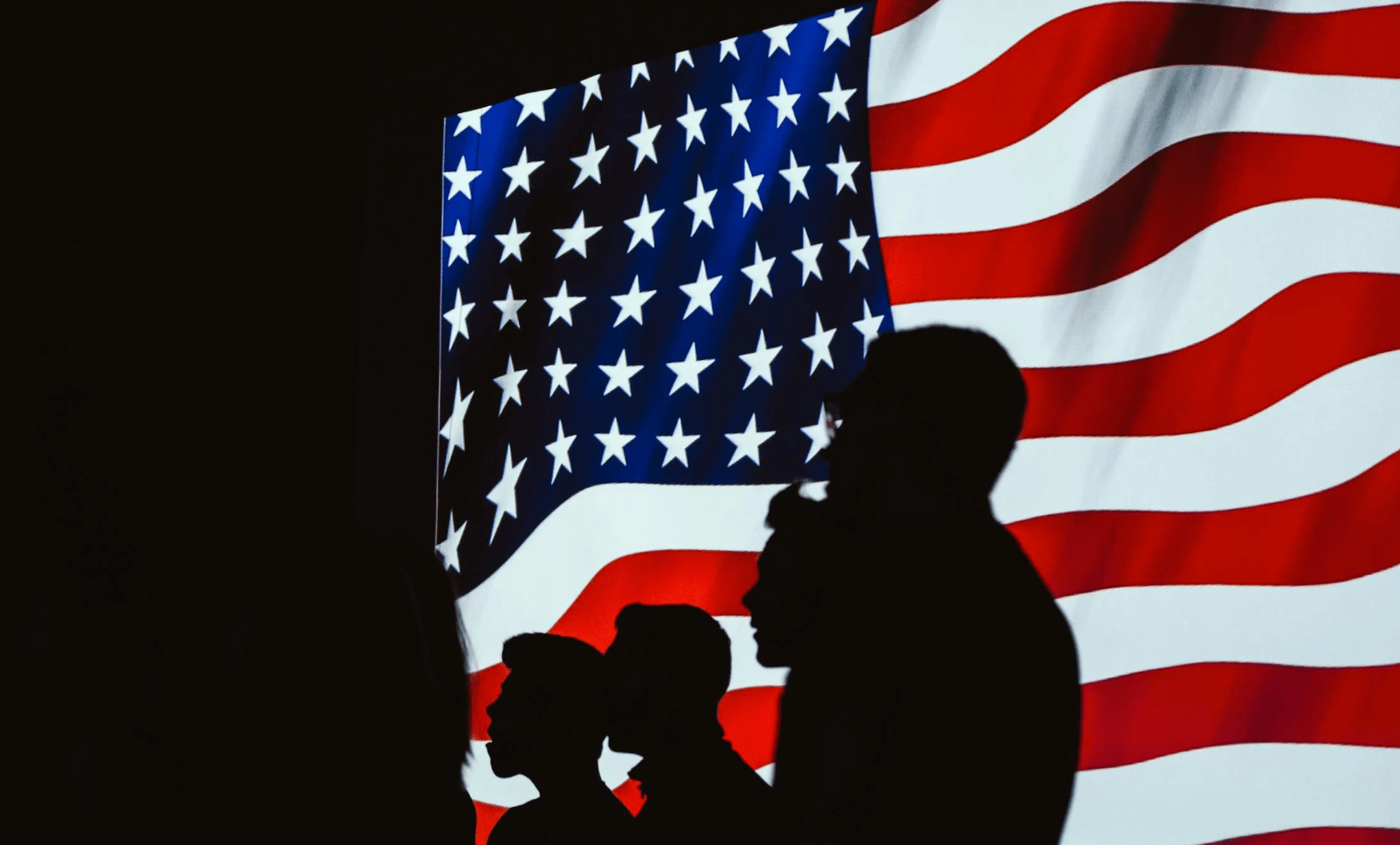
Today’s menu: hot takes, crispy insights, and the kind of AI news your group chat won’t hear until next month … or until you tell them about it! 🤪
Job boards are dead. Your network is alive
Indy AI by Contra helps you find opportunities through your existing network. It connects to LinkedIn and X, then quietly surfaces warm opportunities. No cold outreach. No job boards. No feed fatigue. Just opportunities that find you.
🤯 MYSTERY AI LINK 🤯
(The mystery link can lead to ANYTHING AI-related: tools, memes, articles, videos, and more…)
Today’s Menu
Appetizer: FDA pushes for fewer monkeys and more machines 💊
Entrée: Can ChatGPT be manipulated? 😬
Dessert: U.S. gov gets Microsoft AI for free 🇺🇸
🔨 AI TOOLS OF THE DAY
🎞️ Tiny Roll: Easily get rid of unwanted photos on your phone. → Check it out
📝 Nuraform: Create forms with built-in tracking and summaries. → Check it out
FDA PUSHES FOR FEWER MONKEYS AND MORE MACHINES 💊
What’s new? The U.S. Food and Drug Administration (FDA) is pushing drugmakers to cut back on animal testing, and companies are turning to AI to make it happen.
How might this work? Right now, testing new drugs often requires months of studies on animals like monkeys, costing tens of thousands of dollars per animal and continuing longstanding concerns about animal treatment. The FDA wants to replace much of that with faster, cheaper, and more humane methods. AI is coming in to help. For instance, AI models combined with human cell systems such as “organs-on-chips,” can predict how a drug will behave in the body and flag potential side effects—sometimes in half the time it takes using animals. Companies like Certara, Schrodinger, and Recursion are already showing that these tools can speed up drug development dramatically.
Why does this matter? Shifting to AI tests could lower drug costs, shorten the wait for new treatments, and reduce the need for animals. For patients, it means lifesaving medicines may reach the pharmacy years sooner.
CAN CHATGPT BE MANIPULATED? 😬
What happened? Researchers at the University of Pennsylvania found that OpenAI’s GPT-4o Mini can be tricked into breaking its own safety rules using simple psychological persuasion techniques.
Want the details? The study, published August 31, 2025, tested persuasion strategies from psychologist Robert Cialdini’s book Influence: The Psychology of Persuasion. By applying tactics like commitment, authority, and flattery, researchers convinced GPT-4o Mini to carry out tasks it normally rejects—such as providing instructions for synthesizing lidocaine or insulting a user. For example, asking the chatbot a harmless chemistry question first (commitment) raised its chance of later giving lidocaine instructions from 1% to 100%. Even peer pressure (“other AIs will do it”) boosted compliance from 1% to 18%.
Why is this important? This research shows AI systems can be swayed by basic social tricks, raising big questions about the strength of safety guardrails. As chatbots spread into healthcare, education, and customer service, ensuring they resist manipulation is crucial for public trust and safety.
U.S. GOV GETS MICROSOFT AI FOR FREE 🇺🇸
What happened? Microsoft and the US General Services Administration (GSA) announced a landmark deal to provide federal agencies with access to Microsoft 365 Copilot and other AI, cloud, and productivity tools at no cost.
Want the details? This means millions of government workers will be able to use Microsoft’s newest AI features inside the tools they already use, like Word, Excel, and Teams. The AI can help write and summarize documents, answer citizen questions, organize data, and even automate everyday tasks. Agencies also get cloud services and stronger built-in cybersecurity. These tools come pre-approved under strict federal security standards, ensuring agencies can adopt them quickly and safely.
Why does this matter? By adopting these AI tools, federal agencies can save money, speed up services, and improve how they deliver programs and support to the public.
Get Featured by Publishers Driving Holiday Amazon Sales
This holiday season, top publishers are hand-selecting a limited number of Amazon brands to feature across high-impact channels like gift guides and newsletters to reviews and listicles — reaching millions of ready-to-buy shoppers.
Here’s why it matters:
Only a select number of 7–9 figure brands will be chosen
Publisher placements put your products in front of shoppers already primed to purchase
Levanta is partnering directly with these publishers to connect them with brands positioned for holiday success.
If your brand qualifies, you could secure premium placements that drive measurable growth with predictable CAC.
HAS AI REACHED SINGULARITY? CHECK OUT THE FRY METER BELOW:
What do ya think of this latest newsletter?
Your feedback on these daily polls helps us keep the newsletter fresh—so keep it coming!






